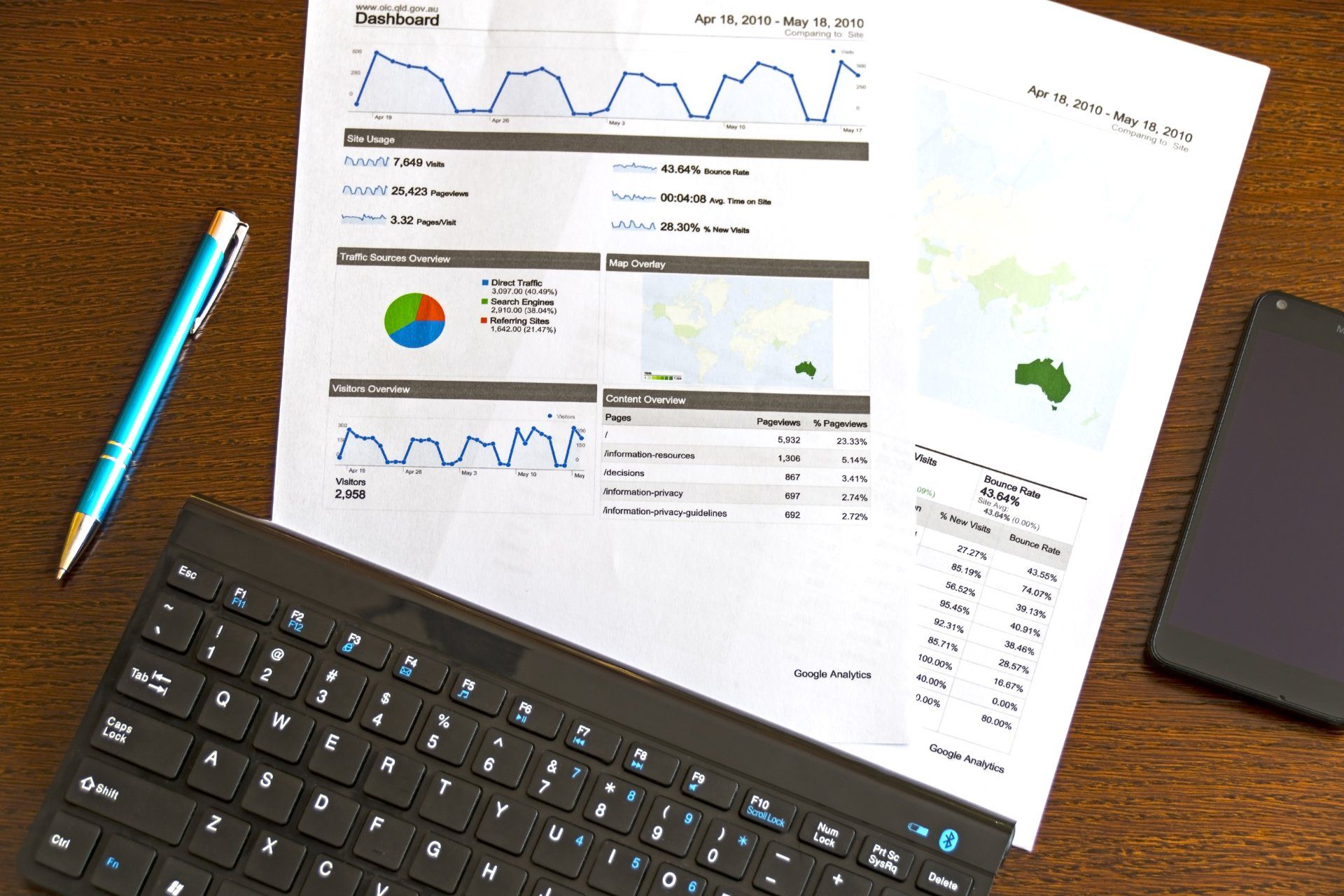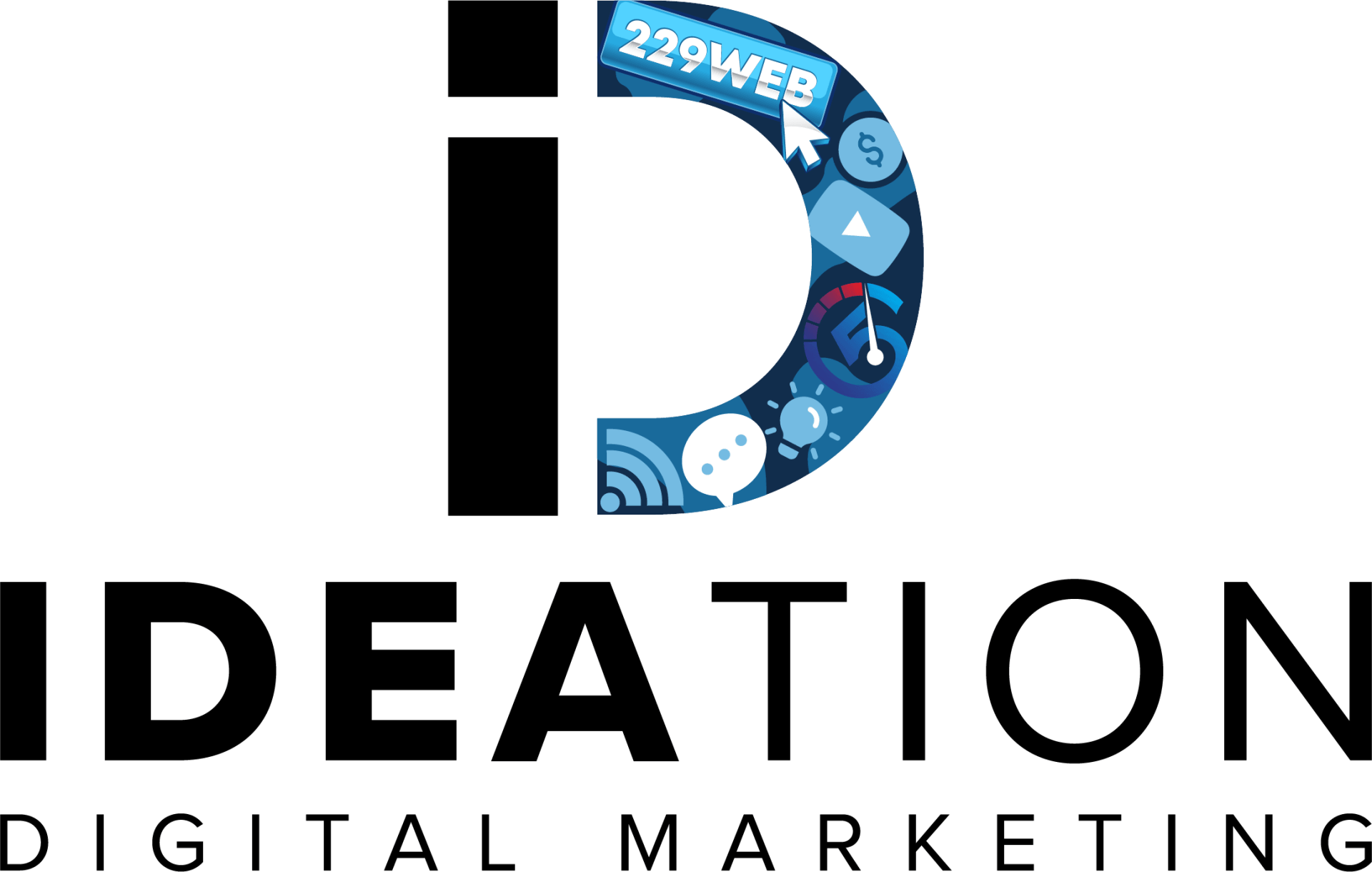222 Capitol Street, Suite 522
Charleston, WV 25301

Using Analytics to Improve Your Digital Marketing
In the rapidly evolving landscape of digital marketing, staying ahead of the curve is crucial for businesses in Charleston, WV. Leveraging analytics can provide powerful insights that drive effective marketing strategies and foster business growth. Here's how businesses in Charleston can use analytics to enhance their digital marketing efforts.
Understanding Digital Marketing Analytics
Digital marketing analytics involves the collection, measurement, and analysis of data from various online marketing channels such as social media, email campaigns, websites, and online advertisements. This data helps businesses understand how their marketing efforts are performing and identify areas for improvement.
Components of Digital Marketing Analytics
Data Collection: The first step in digital marketing analytics is gathering data from multiple sources. This includes capturing user interactions on websites (like page views, clicks, and conversions), tracking engagement metrics on social media (such as likes, shares, and comments), monitoring email performance (open rates, click-through rates), and analyzing the effectiveness of online ads (impressions, clicks, conversions).

Measurement and Analysis: Once data is collected, the next crucial step is to measure and analyze it to extract meaningful insights. This involves using analytical tools and techniques to interpret the data and uncover trends, patterns, and correlations. For instance, businesses can segment their audience based on demographics or behavior to understand which groups are most responsive to their marketing efforts.
Reporting and Visualization: Digital marketing analytics often involves presenting data in a visual format through reports and dashboards. Visualizations like charts, graphs, and heatmaps make it easier to understand complex data sets and communicate findings to stakeholders effectively. This visual representation not only simplifies data interpretation but also facilitates data-driven decision-making.
Key Benefits of Using Analytics
Enhanced Customer Understanding: Analytics provide detailed insights into customer behavior, preferences, and demographics. By understanding your audience better, you can tailor your marketing campaigns to meet their needs more effectively.
Optimized Marketing Spend: Analyzing the performance of different marketing channels enables businesses to allocate their budget more efficiently. You can invest more in high-performing channels and adjust or cut spending on less effective ones.
Improved Campaign Performance: Continuous monitoring and analysis of marketing campaigns allow for real-time adjustments. This agility can lead to higher engagement rates and better conversion rates.
Better ROI Measurement: With analytics, businesses can accurately measure the return on investment (ROI) of their marketing efforts. This helps in demonstrating the value of marketing activities to stakeholders.
How to Utilize Analytics in Your Digital Marketing
Set Clear Goals and KPIs
Before diving into analytics, define what success looks like for your marketing campaigns. Establish clear goals and key performance indicators (KPIs) that align with your business objectives. This could include metrics like website traffic, conversion rates, lead generation, and customer retention.
Use the Right Tools
There are numerous analytics tools available, each offering different features. Google Analytics, for example, is a comprehensive tool that provides insights into website performance, user behavior, and traffic sources. Social media platforms like Facebook and Instagram have their own analytics tools that help track engagement, reach, and audience demographics.
Analyze Website Data
Your website is often the central hub of your digital marketing efforts. Use website analytics to track visitor behavior, identify popular content, and understand the customer journey. Key metrics to monitor include bounce rate, average session duration, and pages per session.
Leverage Social Media Analytics
Social media platforms offer valuable data on how users interact with your content. Analyze metrics such as likes, shares, comments, and click-through rates to gauge the effectiveness of your social media strategies. This data can help you refine your content to better engage your audience.
Monitor Email Campaigns
Email marketing remains a powerful tool for reaching customers. Use email analytics to track open rates, click-through rates, and conversion rates. Understanding which emails perform best can guide future campaigns and improve overall engagement.
Implement A/B Testing
A/B testing involves comparing two versions of a webpage, email, or advertisement to determine which one performs better. This method allows you to experiment with different elements such as headlines, images, and calls-to-action, and use the data to optimize your marketing materials.
Conclusion
Harnessing analytics is not just beneficial but essential for modern digital marketing strategies. By leveraging data-driven insights, businesses like Ideation Digital Marketing in Charleston, WV, can optimize campaigns, enhance customer engagement, and achieve measurable growth. Whether it's refining targeting parameters, adjusting content strategies based on user behavior, or fine-tuning ad spend for maximum ROI, analytics empower informed decision-making in every facet of online marketing.
For further inquiries on how analytics can transform your digital marketing efforts or to explore customized strategies tailored to your business goals, feel free to contact Ideation Digital Marketing at (304) 814-2445. Our team is dedicated to helping businesses thrive in the digital landscape through innovative solutions backed by robust data analysis. Let's elevate your marketing effectiveness together!

Main Office
222 Capitol Street, Suite 522
Charleston, WV 25301
other offices
48 1/2 Second Ave, Williamson, WV 25661
20 Clinch Mountain Ave, Lebanon, VA 24266,
Contact
DIGITAL MARKETING SERVICES
All Rights Reserved | Ideation Digital
Private Policy
All Rights Reserved | Ideation Digital












